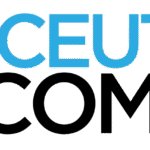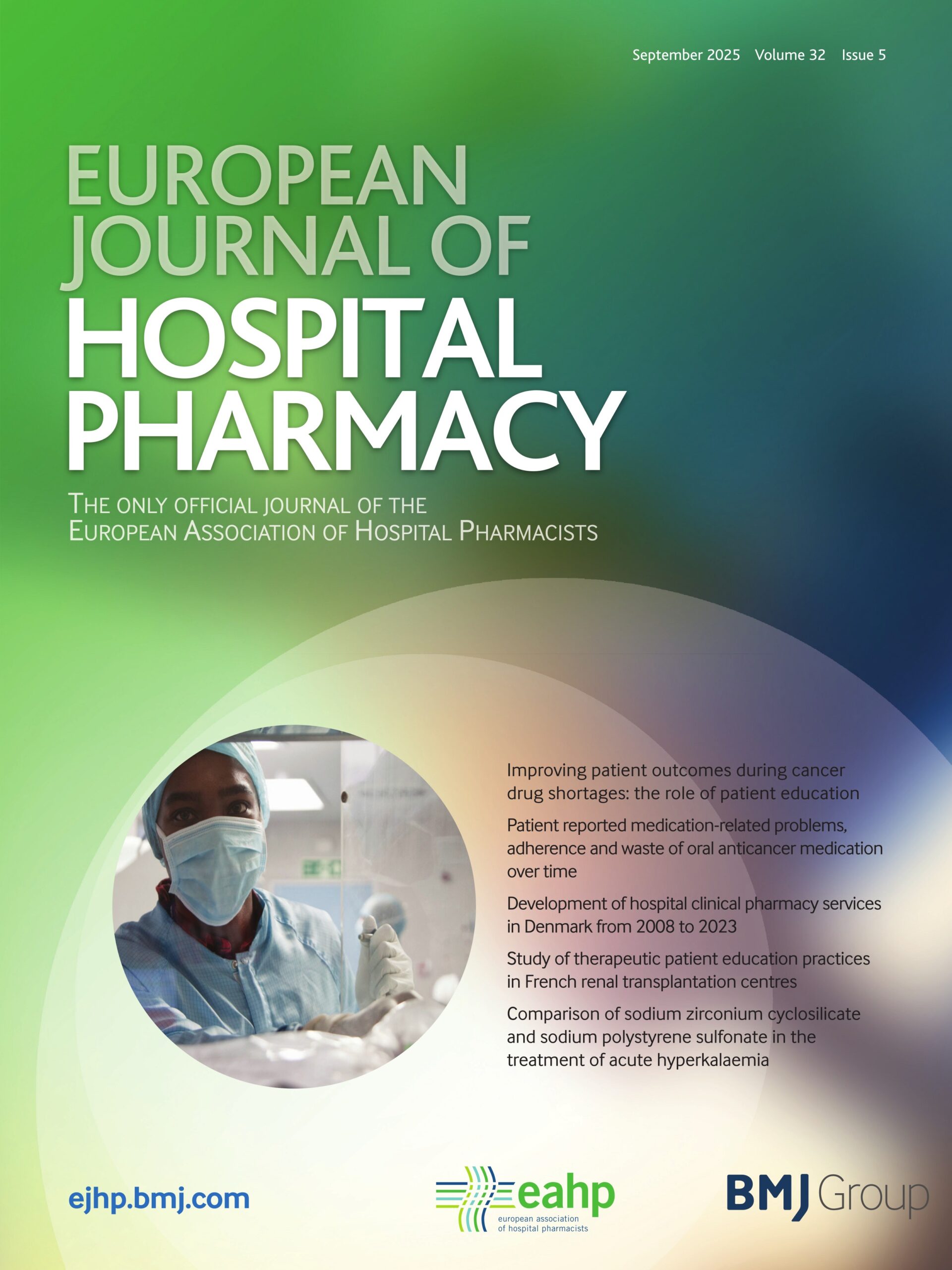Cancer drug shortages delay treatment, worsen patient outcomes and can cause significant stress to patients, healthcare providers and caregivers.1–4 Furthermore, they increase drug costs and the economic burden on patients.5 According to the Food and Drug Administration in the USA, 122 drugs out of 138 are facing shortage issues, involving 16 cancer drugs, at the time of writing this paper.6 Similarly, IQVIA, a leading data analytics platform, reported that cancer drug shortages have been significantly increasing since 2020 in the USA.7 Cisplatin, methotrexate, capecitabine and carboplatin were reported as facing shortage issues between March and June 2023.7 Drug shortages are also an issue within paediatric oncology practices,8 leading paediatricians to advocate for increased pharmaceutical production and strategical distribution.9
Several factors responsible for drug shortages are highlighted in the literature, of which the major one is the low price and profit margin of generic drugs, as well as supply and demand issues.5 10 11 Several studies have proposed both immediate and long-term strategies to mitigate cancer drug shortages. These include stockpiling adequate quantities of chemotherapy drugs, promoting the use and prescribing of generics, ensuring greater transparency from pharmaceutical companies regarding drug origins and standards and improving communication between healthcare professionals (HCPs) and pharmacies. Establishing a dedicated drug shortage taskforce, reviewing prescribing and pricing policies, and increasing the involvement of pharmacists in pharmaceutical delivery services have also been suggested as effective measures.10–15
The recent 23rd World Health Organization (WHO) Model List of Essential Medicines also specifically listed a few cancer drugs as essential for cancer care under section 8.2.16 In fact, these medicines are the crucial indicators for ensuring access to healthcare services; however, these medicines are also facing shortages.5 Therefore, it appears that WHO should also work on investing resources in assisting countries to establish proper plans and policies to tackle possible shortages of cancer drugs.5
However, one of the crucial approaches which is often overlooked is patient education (figure 1) and its role in managing drug shortages. The American Society of Health-System Pharmacists’ report on understanding drugs and managing shortages stated that educating HCPs and patients on the differences between unavailable and alternative products is crucial to preventing possible medication errors.17 Enhancing health literacy among patients is significant for long-term patient care, requiring a proper partnership with physicians to develop a robust decision-making process.18 A healthy relationship between physicians and patients is imperative because physicians are often the patients’ primary source of trust and medical guidance.18 However, addressing drug shortages requires collaborative efforts beyond just physicians. All HCPs interacting with patients—including nurses, pharmacists and patient counsellors—need support in managing these challenges.
Poje et al highlight how effective communication between HCPs and patients during drug shortages is critical.19 Initially, patients must be educated about the reasons behind drug shortages, including manufacturing issues, regulatory challenges or supply chain disruptions. When patients are provided with education, it should also be made clear that shortages are often beyond the control of HCPs, hospitals and clinics and may occur due to various complex factors. While communicating with patients, they should be informed about any adjustments to their treatment plans, substituting alternative drugs, or modifying treatment schedules, as well as education on generic medicines, changes in medication regimens and potential impacts on treatment outcomes. HCPs must ensure transparency and empathy, fostering trust and empowerment. At the same time, patients must understand the risks, benefits and potential consequences of the alternatives that come with drug shortages. This is where HCPs have an essential role as they should communicate where patients can find reliable updates such as hospital websites, official announcements or patient advocacy organisations. A qualitative study conducted to identify the impact of drug shortages on patients found that drug shortages could put patients at risk of medication-related harm, including incorrect medication alternatives and drug-related problems.13 Hence, patients should be educated about potential side effects and symptoms that may arise due to changes in treatment, empowering them with the knowledge to identify and report adverse effects properly. This can further enhance their ability to navigate treatment effectively.
Patients affected by drug shortages experience heightened stress, anxiety or fear, which is common in many countries but is an ignored area.11 Patients should be educated on coping strategies for emotional challenges such as support groups, counselling services or mindfulness techniques. The literature shows that informing patients about the reasons behind drug shortages, alternative treatments and the anticipated duration of shortages can alleviate anxiety and instil a sense of control in navigating their healthcare journey.11 19
Even during drug shortages, medication adherence to treatment plans is crucial. In some cases, patients do not opt for another substitute medicine if they do not have their brand. Patients should understand the significance of following HCP recommendations and adhering to prescribed medications to optimise treatment outcomes. Proper communication between medical doctors and pharmacists is essential in selecting appropriate substitute medicine and procurement processes.13
It is also imperative to address disparities in information access by creating accessible and patient-friendly educational materials covering drug shortages, alternative treatments and available support services. These resources should be disseminated widely in healthcare settings and online, with considerations for diverse cultural and linguistic needs. Collaboration with patient advocacy groups can also be essential in conversation and strategy development.20 These groups can play a vital role in disseminating information, offering support and advocating for patients’ needs during drug shortages, enhancing the overall effectiveness of strategies to address the crisis.
Integrating patient education into the framework for managing drug shortages is essential for empowering patients with information and support. By doing so, HCPs can enhance resilience and improve outcomes for individuals undergoing cancer treatment in challenging circumstances.











